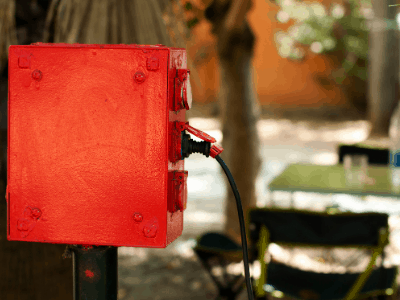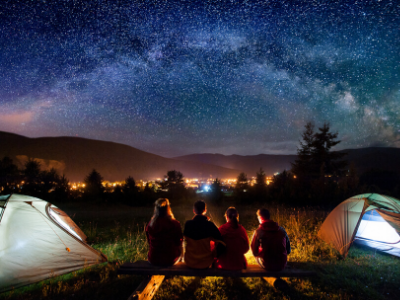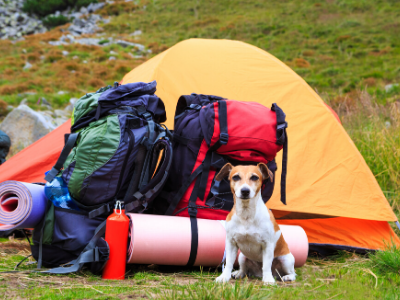✅ How to dispose of camping gas cylinders
Knowing how to dispose of camping gas cylinders after your camping trip is really important.
When it comes to camping, whether it’s using a static camper, an American-style RV or a camping trailer, you need to know how to correctly deal with empty gas bottle disposal.
Recommended camping gas
Legally, these gas cylinders are called a ‘pressure receptacle’. So, if you’re looking at how to dispose of camping gas cylinders and you’re not finding the right words at recycling centres, try adjusting the words you’re after.
Unfortunately, having a campervan party with friends and family and then chucking the empty gas cylinder in the nearest commercial wheelie bin on the camp site is prohibited.
Luckily, with a been-there-pitched-the-tent approach, we’ve got the answers of recycling propane gas cylinders and butane gas cylinders safely and responsibly.
If you’re heading out camping, you first need to know the two types of gas cannister you can use for your camping adventures.
The two types of liquid petroleum gas (LPG) are butane and propane. Both of these gas types have their own uses and advantages in the campsite, but both also need to be securely disposed of!
Propane, on one hand, is the best type of gas to use when the weather is nippy. This is because propane has the ability to continue vaporizing at -41 degrees Celsius (even if the liquid gas has shrunk in the cold and showing a lower pressure gauge reading).

Butane, on the other hand, condenses in the cold and can no longer vaporise into the required gas when the temperature reaches below -1 degrees Celsius. This means no morning brew while watching the sun rise if butane is hooked up in the Wintertime.
Despite this, butane is often the go-to choice for many happy campers around the UK. Butane works more efficiently (meaning more bang for your buck) and is a lighter cannister to hold (meaning more miles for your buck when on the road).
So, throughout the year you should be using a mixture between the two. Therefore, it’s important to understand the ins and outs of recycling gas cylinders in both cases.
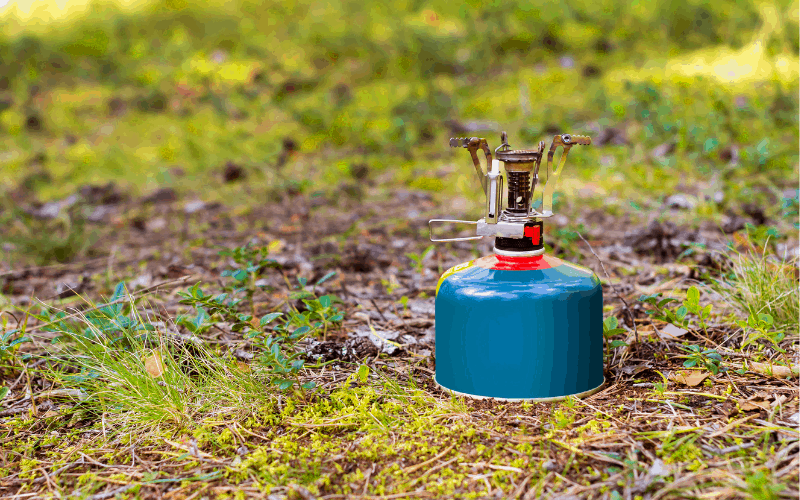
✅ What do you do with camping gas canisters?
When you’ve used your butane tank throughout the Summer months, you have two options for how to dispose of camping gas cylinders.
Empty gas bottle disposal needs to be done safely and securely, involving heading straight to a recycling centre and following the guidelines for a pressure receptacle. Alternatively, there’s the option of contacting the gas provider and recycling butane gas cylinders with them.
Return to the Owner
Here in the UK, we have many gas suppliers including Gas UK, Express Gas and Flo Gas. If you’re looking for empty gas bottle disposal options, then you should contact your initial gas provider.
More often than not, many of these suppliers will also be willing to take gas cylinders from different brands or providers in the effort of keeping a circular economy.
If you want to know more about how to dispose of camping gas cylinders with your gas provider, you’ll need to contact them. Generally speaking, you’ll need to fill-out a return form before arranging for a pick-up where the provider will come to you for empty gas bottle disposal.
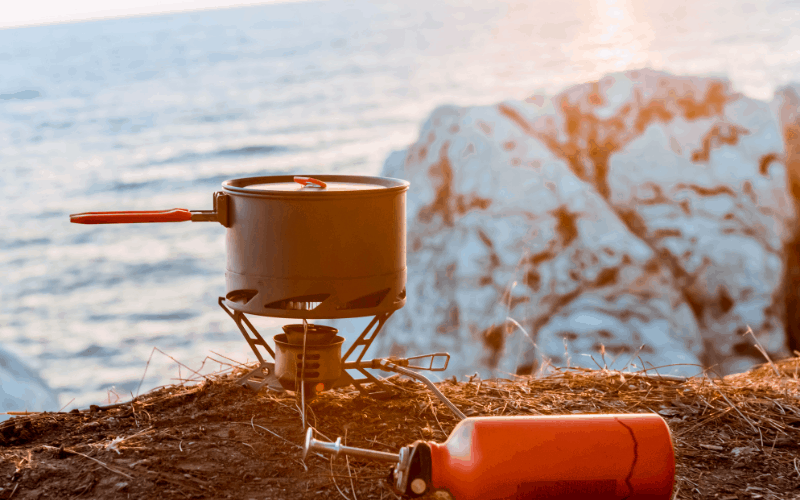
Head to a Recycling Centre
The second option for empty gas bottle disposal of butane is to head straight to your local recycling plant who will be able to either take the butane cylinder from you or point you in the right direction of the correct bay.
However, one thing to note is that you should never place your empty gas cylinder with general recycling. Any residual gas within the cannister will explode when compressed in general recycling.
This is why a member of staff at the recycling plant will point you in the right direction.
Another thing to be mindful of when disposing of gas canisters is to check whether there is a tip charge for empty gas cylinder disposal services. Often this can be classified within a no-household waste category and it is always worth having a look at the tip charge checker.
✅ What can you do with old propane tanks?
When it comes to the propane cylinders used throughout the remaining 364 cold days of the year in the UK, there are a couple of extra options for you to make use of.
Recycling propane gas cylinders can be done with the methods listed above, but they can also be re-filled or returned to a supplier with gas still in the cannister for a part refund of a cylinder refill agreement.
As butane is a more commonly sought-after gas cannister for days above -1 degrees Celsius, recycling propane gas cylinders is often done with part-full tanks.
So, for recycling propane gas cylinders, here are your options:
- If you’ve got an empty canister, you can take it back to your gas supplier
- If you’re wanting empty glass bottle disposal, you can take it to the tip.
- If you didn’t use all of the propane in your camping adventures, take the canister back to the gas supplier for a part refund.
- If you’ve still got some gas in the tank and want to use it again next year, you can store it and ask for a refill (which is cheaper) from your gas supplier to set you for the upcoming Winter period.
✅ Can I get money for empty propane tanks?
Yes, you can. However, this will depend on your gas supplier.
Some suppliers, such as Calor, will provide £7.50 for each empty gas cylinder that is returned (even if it’s not yours). But you’ll have to check with your supplier.
Providing cash back with one of the ways for how to dispose of camping gas cylinders is often only something offered within a signed cylinder refill agreement. So, double check with your provider and with your contract.
As well as this, some of these contracts may also give you up to 70% of the cost back if you return a gas cylinder that has not been fully used!
Camping is one of those types of adventure that brings ad-hoc excitement. Yet, spontaneous fun doesn’t have to be without the right knowledge for safe recycling and reusing of the gas cylinders that will heat you up in the night and keep your kettle running.




